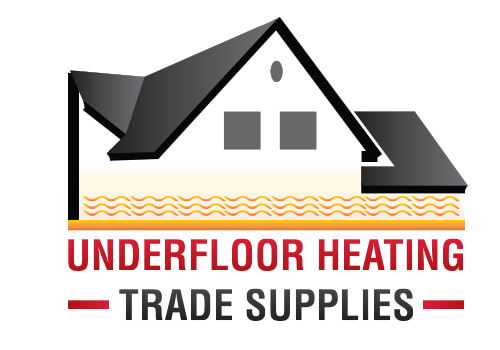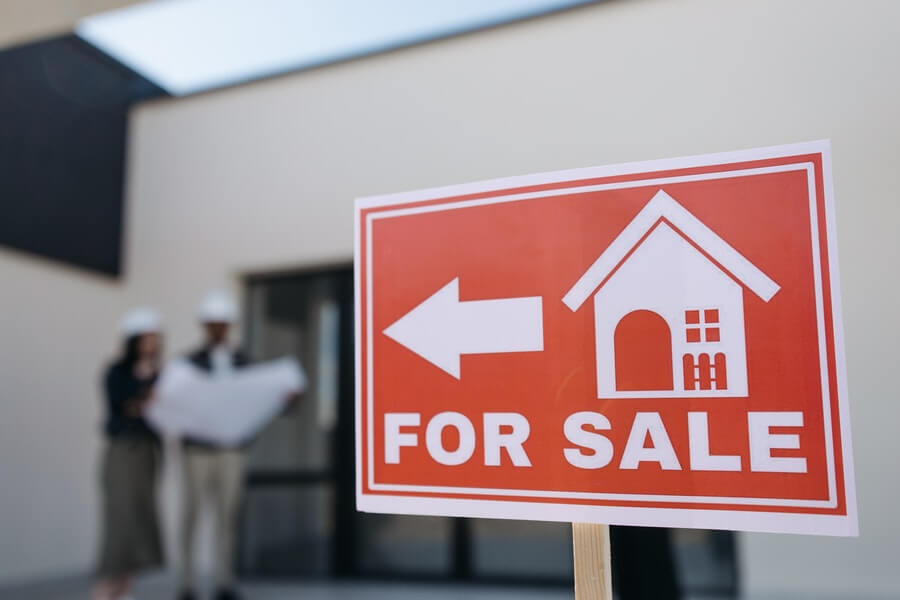
Buying a new home is exciting, but the hidden costs of purchasing a house can make it a stressful time. In the UK, the costs of buying and moving into a new home can total, on average, £11,777 [i], and many of these fees shock buyers when it’s too late. However, with a sturdy budget plan and a good understanding of the hidden costs of buying a house, you can move into your new home without too big of a dent in your bank account.
Valuation Fees
Average Cost: £80 – £150 [ii]

When buying a new home, your mortgage provider will carry out a property valuation. A mortgage valuation is not an in-depth survey carried out for the buyer’s benefit but rather an assessment carried out by a lender to validate the mortgage. Contrary to popular belief, the mortgage valuation is not a structural survey. It will only point out defects that the surveyor believes may affect the property’s value. Because of this, we highly recommended you carry out an independent homebuyer survey on top of the mortgage valuation to protect your interests.
Independent Homebuyer Survey
Average Cost: £400 [iii]
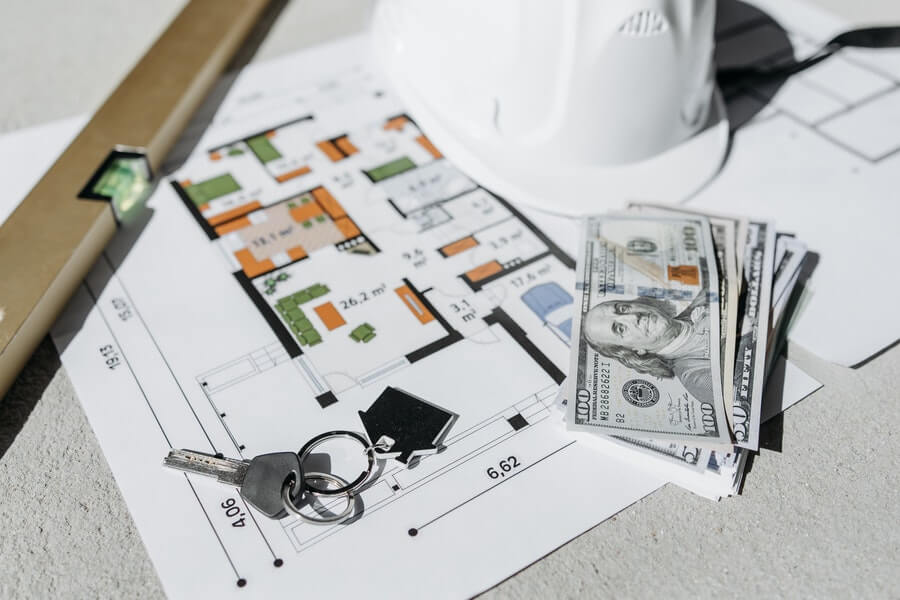
An independent homebuyer survey is the best way to avoid unforeseen repair costs in the future. Also, it will go into much more depth than a mortgage valuation and help you fix any issues. There are four types of building surveys that you can choose from, each with its benefits depending on the type of property you are interested in. They are:
- RICS Condition Report. – This is the most basic survey that will lay out the property’s condition, identify any risks, potential legal issues and urgent faults.
- RICS Homebuyer Report. – As well as highlighting any risks and defects of the property, the Homebuyer report will also look for structural problems, including subsidence and damp, plus other imperceptible issues.
- Full Structural Survey. – This is the most extensive survey type that you can carry out, providing more in-depth information on the issues searched for in the RICS’ reports and opinions on the potential for defects hidden under floorboards or behind walls and repair options.
- RICS Building Survey. – The RICS building survey offers the same thorough information as a full structural survey, only presents in a more readable way. It will also come with advice sheets on dealing with the more common issues found within the property.
Of course, the costs of a homebuyers survey depends on the type of survey you choose and what property you have. Although the basic survey may be the most affordable option, those looking to buy an older property should consider a more in-depth report, as it may uncover problems you hadn’t foreseen.
Legal Fees
Average Cost: £850 – £1500 [iv]

To help you buy a home, you will require the services of a conveyancer or solicitor. Whichever one you choose is entirely up to you. However, it’s worth noting that a solicitor can offer a full range of legal services as well as conveyancing duties. In contrast, a licensed conveyancer specialises in property and is not equipped to deal with complex legal problems. Because of this, a solicitor is likely to cost more than a conveyancer.
A conveyancer usually charges a flat fee, although they may take a percentage of the property’s overall value. This means that the final amount may differ depending on the property’s type, location and size. However, additional fees may build up should the property require additional legal work outside the standard conveyancing process. So, you must ask about every additional fee you are charged during the process to know exactly what you are paying for.
Stamp Duty Land Tax
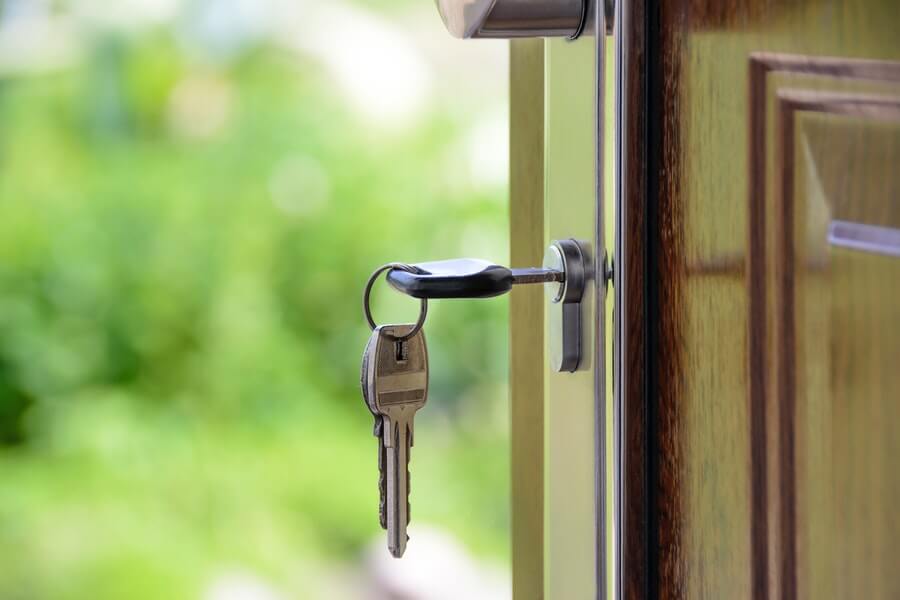
Stamp Duty Land Tax is a cost incurred when you buy property or land over a certain value across England and Northern Ireland. You will be required to pay the tax if your property is valued at over £125,000, and the amount you’ll pay is dependent on the overall property value. The current rates for Stamp Duty Land Tax are:
| Property, Lease Premium, or Transfer Value | Stamp Duty Land Tax Rate |
| Up to £125,000 | 0 |
| £125,001 – £250,000 | 2% |
| £250,001 – £925,000 | 5% |
| £925,001 – £1.5 million | 10% |
| Anything above £1.5 million | 12% |
Luckily, you can claim a discount if you are buying your first property. This discount means that you won’t pay any Stamp Duty Land Tax on a property valued under £300,000, and you will only 5% tax on the portion from £300,001 to £500,000.
You can use the official Stamp Duty Land Tax calculator to determine how much tax you will have to pay on your new property.
Insurance Costs
Average Cost: £142 [vi]

Your mortgage lender will require you to take out home insurance to protect your home against damage, including fire and floods. Often, your lender will offer you home or buildings insurance, but it’s in your best interest to shop around first. You may find a more affordable deal elsewhere.
You will need to have home insurance in place when you exchange the contracts that confirm your purchase of the new property. At that point, you will be the legal owner of the property, so insurance is necessary before you move in in case of structural issues or other issues that may arise.
Also, it’s a good idea to look into getting contents insurance (if your home insurance doesn’t include it) to protect your possessions. Plus, you may want to consider life insurance, which guarantees your mortgage will be paid off should you die before you’ve repaid the entire amount.
Removal Costs
Average Cost: £555 [vii]
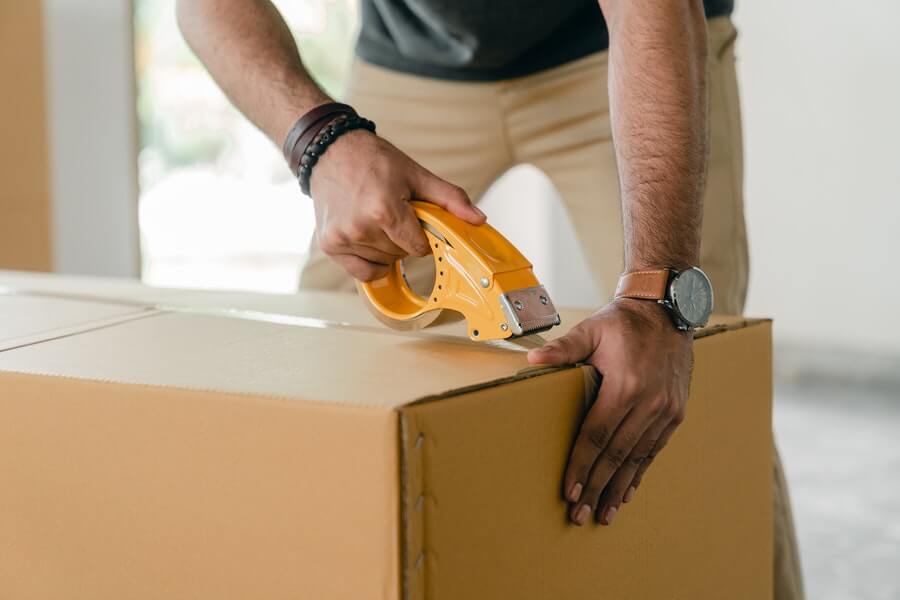
Of all the hidden costs of buying a home, removal fees may be one of the last things you consider. But it’s important to budget for them. The overall cost of removal will depend on many factors, including how far away you are moving, if you require dismantling and re-assembly, and if packing services and materials are to be supplied by the company.
Of course, if your belongings are few and friends and family are willing to lend a helping hand, you could carry out the house removal yourself. Alternatively, you may hire a van and carry out the removal that way. Depending on the size of van you hire, this can cost anywhere from £43 – £128[viii]. Either of these methods will cut removal costs and are well worth considering compared to the fees removal companies may charge.
Maintenance Costs
Average Cost: £848 per year [ix]
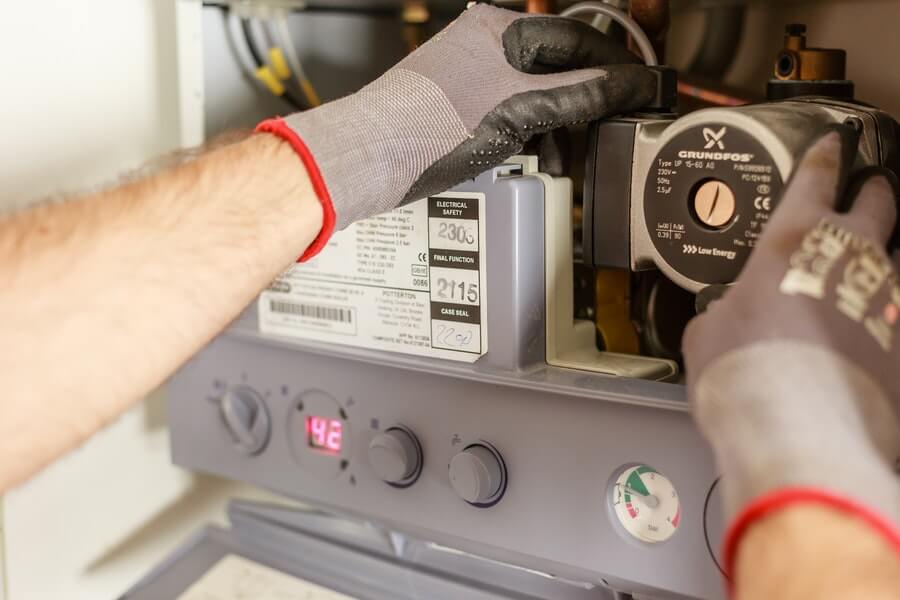
After spending all that money on your new home, you’ll want to dedicate some time to maintaining it and keeping it in top shape. Setting aside a bit of money to prepare for any surprises further down the line can save you more than you realise. Housing experts recommend that you set aside 1% of the value of your property each year for maintenance and property repair[x].
General maintenance tasks you may have to consider include:
- Heating System – Heating system issues can be expensive to fix, so carrying out regular maintenance checks on your boiler and radiators can save you time and money in the long run. Alternatively, you could install water underfloor heating to reduce bills and maintenance requirements.
- Electrics – Check on your fuse box and circuits regularly to ensure any problems are spotted early on. Also, make sure all sockets are well maintained and replaced if necessary.
- Plumbing – Inspect pipes, toilets, and sinks for signs of damage or leakage. Additionally, look out for any signs of water damage on the walls or near cupboards. These are where the first signs often show.
- Roof Repairs – Inspect your roof and chimney stack at least once a year for damage or loose shingles. Also, clear off any debris and look out for animal intrusions. Stray animals can cause severe damage to a home, so it’s important to spot them early.
- Gutters – A clogged gutter can cause further problems in the home, including leaks and damp, so clear out your gutters regularly, particularly during rainy seasons.
Check out our home maintenance checklist to ensure your home remains in good shape without any added stress.
Money Saved For Emergencies

Financial advisors have always recommended keeping a bit of money in your savings after investing in a new home. Never has this advice been more relevant than throughout the coronavirus pandemic. Disruptions to employment have become common, and requirements have gotten stricter to ensure you can meet the right necessities. As a general rule of thumb, keeping at least six months’ worth of your income in your savings account [xi] should be enough to prove to your bank or mortgage lender that you will have enough money to wrap up their fees and deal with any unforeseen issues in the future.
Improving Your Home

Once you legally own your new home, you may want to take up a new project to make it that bit better right away. Naturally, the costs will depend on the type of home improvement you plan to do, so as a general rule of thumb, you should set aside, at maximum, 15% of your home’s value for home improvements [xii].
Of course, you can add some long-term home improvements to your property, such as an extension or loft conversion, but some affordable home improvement projects that you can begin as soon as you move in include:
- Increasing storage space
- Painting the walls
- Designing an open floor plan
- Adding a feature wall
- Putting in a breakfast bar
- Installing glass-paned cabinets
Avoid The Hidden Costs of Buying A House
Being aware of the hidden costs of buying a house will mean you are better prepared for all the eventualities. Setting enough money aside to deal with anything this new step in life can throw at you will help relieve the burden so, by the time you get those keys in your hand, the stress will be coming to an end rather than just beginning!
Do you have any tips on dealing with the hidden costs of buying a house? Let us know!
Sources
[i] https://www.which.co.uk/news/2021/10/cost-of-moving-house-hits-record-high-as-stamp-duty-holiday-ends/
[ii] https://www.yopa.co.uk/homeowners-hub/how-much-does-a-house-valuation-cost/
[iii] https://www.moneyhelper.org.uk/en/homes/buying-a-home/a-guide-to-homebuyer-surveys-and-costs
[iv] https://www.moneyhelper.org.uk/en/homes/buying-a-home/estimate-your-overall-buying-and-moving-costs
[v] https://www.gov.uk/stamp-duty-land-tax/residential-property-rates
[vi] https://www.moneysupermarket.com/home-insurance/price-comparison-index/
[vii] https://moovshack.com/blog/average-removal-costs/
[viii] https://www.getamover.co.uk/removal-van/removal-van-costs/
[ix] https://www.checkatrade.com/blog/cost-guides/property-maintenance-cost/
[x] https://www.propertyreporter.co.uk/at-home/brits-falling-short-of-annual-home-repair-budge.html
[xi] https://homeguides.sfgate.com/much-savings-should-after-buying-house-81753.html
[xii] https://www.budgetdumpster.com/blog/budget-home-renovation/
